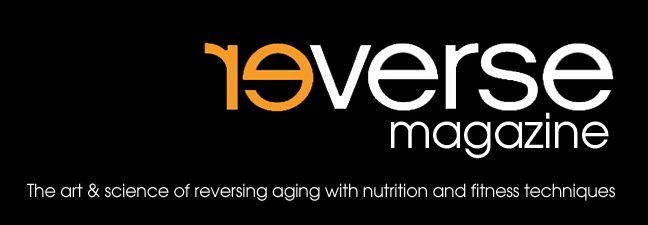For those of you who grew up in the early sixties, the TV was filled with sword and sandals epics, westerns, and spy movies. Many of what we would call "B" or "C" movies made it to the fuzzy black and white television 25 miles north of Pittsburgh, PA.
Actor, Brad Harris, stood out as someone in amazing shape, who could pull off his own stunt work. Here is a bit from his Wikipedia entry.-
Born in St. Anthony, Idaho, he received an athletic scholarship to UCLA where he studied economics. When he injured his knee he was advised to take up weight lifting to strengthen the injury that developed his interest in bodybuilding.
Harris entered films as a stand-in, stuntman, and later an actor. His first roles were in André de Toth's Monkey On My Back and Li'l Abner. With his athletic physique, Harris travelled to Rome to perform stunts in Stanley Kubrick's Spartacus. He stayed in Europe for the boom in European sword and sandal, Eurospy, and spaghetti western genres. Harris discovered, when working in Germany, that stunt coordinators were nonexistent in that country and he often did extra duties as a stuntman, stunt coordinator, second unit director and actor.
Currently, Brad is 77 years old and designs and sells exercise equipment. Here is an interview from Ironman Magazine in 2008 where he details his training methods.
http://www.ironmanmagazine.com/site/brad-harris-very-alive-at-75/
You can read more about Brad's equipement, HERE.








